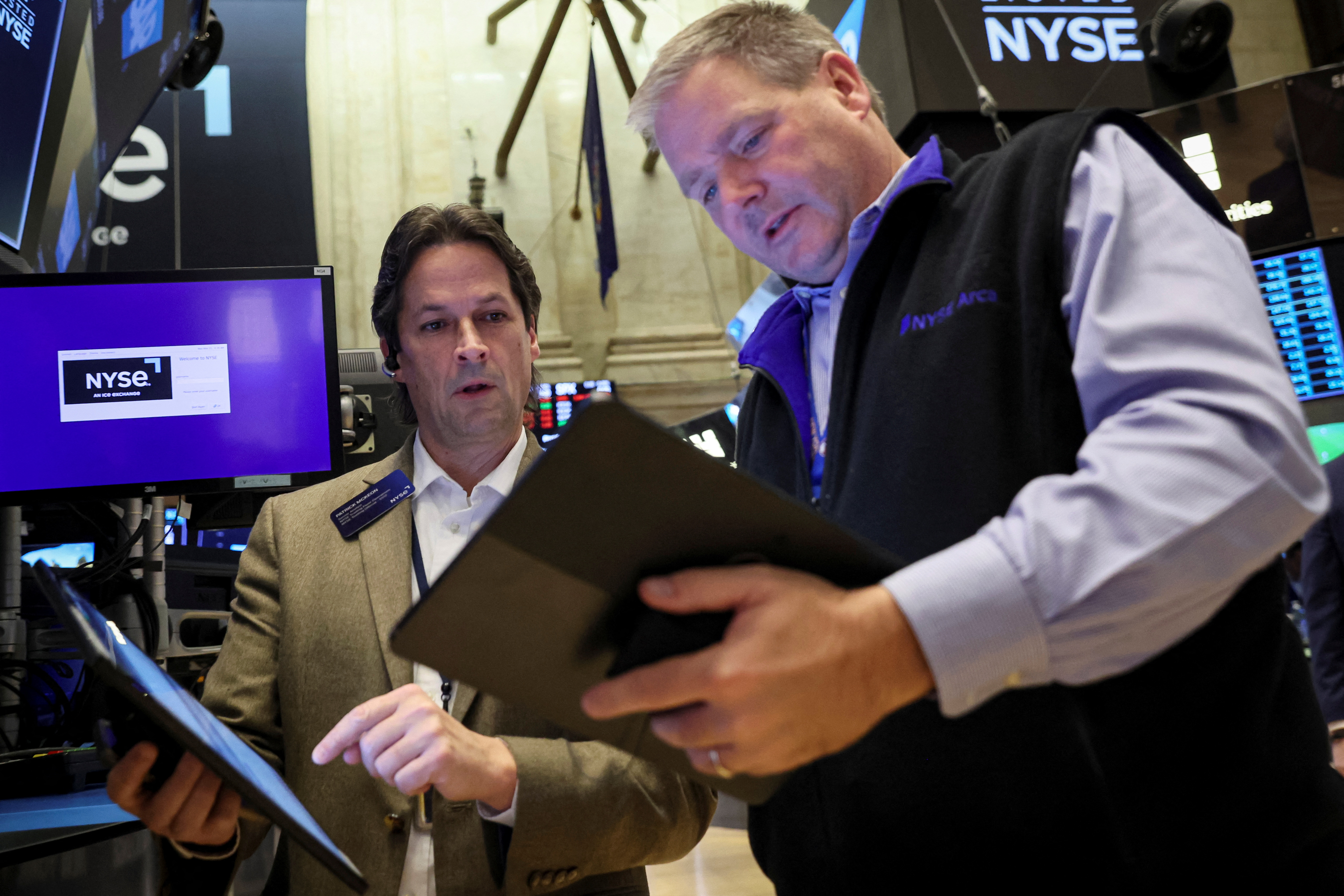
U.S. stock indexes fell sharply on Friday, with the tech-heavy Nasdaq leading losses, as higher-than-expected job additions in November reignited investor concerns about the Federal Reserve continuing on its path of aggressive monetary policy tightening.
The Labor Department’s jobs report showed nonfarm payrolls rose by 263,000, compared with an estimated 200,000, as U.S. employers hired more workers than expected in November and raised wages despite mounting worries of a recession.
The U.S. unemployment rate remained unchanged, as expected.
“Strong job creation and a big increase in wages underscore the Fed’s argument that a lot more work needs to be done to get inflation under control,” said James Knightley, chief international economist at ING.
“Adding to the Fed’s problems, monetary conditions have loosened in recent weeks as the dollar and longer-dated Treasury yields have fallen and credit spreads have narrowed. This is undoing the tightening effects of the Fed’s recent rate rises.”
Knightley forecast further 50-basis point rate hikes in December and in February, with the potential for tightening needing to go on for longer, he added.
The rate-setting Federal Open Market Committee meets on Dec. 13-14, capping a volatile year that saw the central bank respond to the fastest outbreak of inflation since the 1980s, with the fastest increase in interest rates since then to try to offset it.
Investors now see an 87% chance that the Fed will increase interest rates by 50 basis points in December, down from 91% before the jobs data was published on Friday. FEDWATCH
The S&P 500 and the Nasdaq are on track to end the week higher following a sharp rally on Wednesday sparked by Fed Chair Jerome Powell’s comments on scaling back interest rates hikes as early as December.
At 09:47 a.m. ET, the Dow Jones Industrial Average (.DJI) was down 313.86 points, or 0.91%, at 34,081.15, the S&P 500 (.SPX) was down 46.49 points, or 1.14%, at 4,030.08, and the Nasdaq Composite (.IXIC) was down 162.01 points, or 1.41%, at 11,320.44.
All of the 11 major S&P 500 sectors declined in early trading.
Growth and technology companies such as Apple Inc (AAPL.O) and Nvidia Corp (NVDA.O) fell 1.4% and 3.1%, respectively, as Treasury yields recovered from multi-week lows pressuring the rate-sensitive megacap stocks.
Semiconductor company Marvell Technology Inc (MRVL.O) tumbled 6.8% after quarterly earnings and revenue missed expectations.
Declining issues outnumbered advancers for a 5.14-to-1 ratio on the NYSE and a 3.09-to-1 ratio on the Nasdaq.
The S&P index recorded two new 52-week highs and no new low, while the Nasdaq recorded 15 new highs and 40 new lows.

